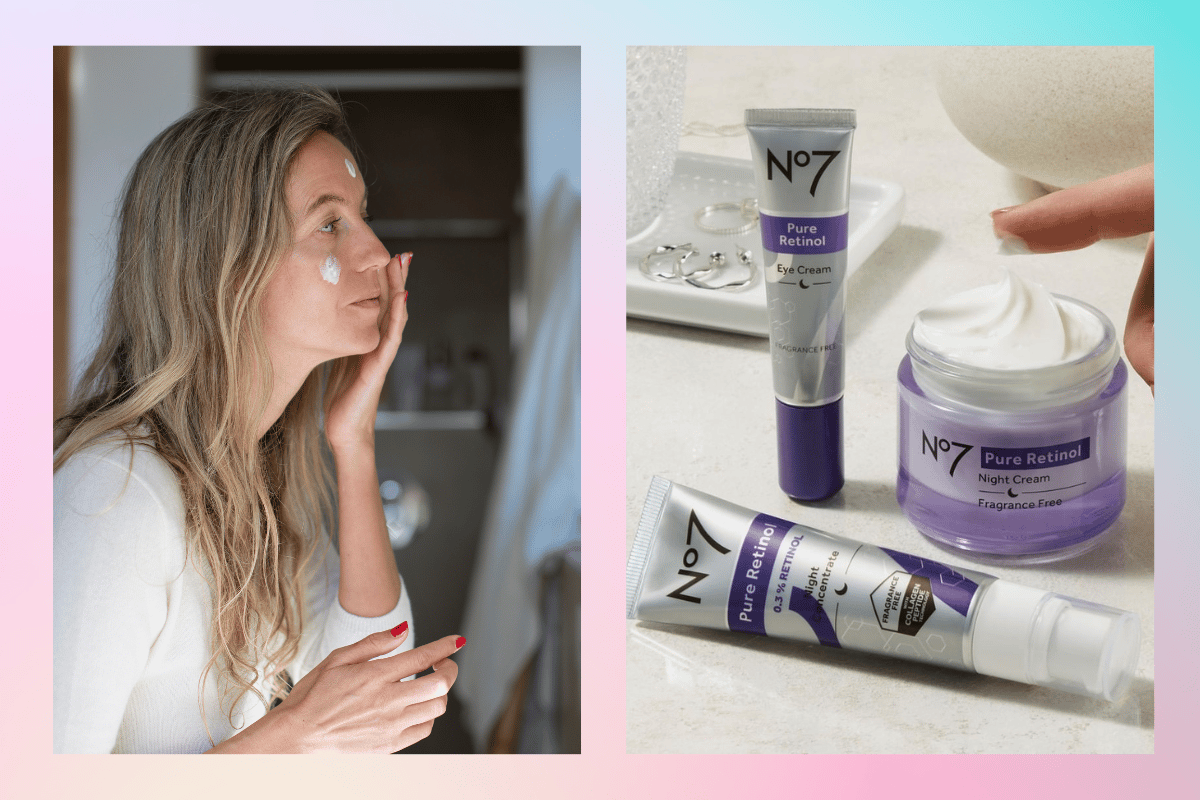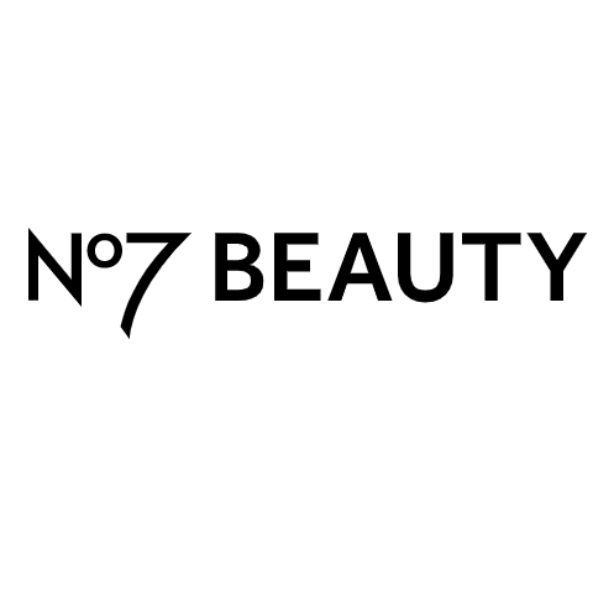

As any person with a face will tell you, retinol is the gold standard when it comes to skincare ingredients. Ask any skin expert. Go on.
Retinol is one of those rare nuggets that ticks several boxes – from tackling the signs of premature ageing to clearing acne and promoting uneven skin tone. Told you it was a real freak.
But if you haven’t used retinol before and don’t know a whole lot about it (hello! Please sit), chances are you have a feeling like it’s a wee bit scary. And it can be! Goodness, sometimes it can be. Especially if you don't know how to use it properly.
Because even if you do think you know what you're doing, sometimes it can still end up trashing your poor little face around.
Fun!
For this reason, you might’ve put off using it in your skincare routine – or you’ve tried it before and then quickly decided you’re not friends.
But, you guys – we reckon you can actually be really great mates! You just have to know a few core tricks to making it work for your skin.
Still have some doubts? Questions? Just want to have a chin-wag with a Harvard professor? We got you.
That’s why we sat down with Head of Science Research for No7, Dr Mike Bell, and asked him ALL of your most burning retinol questions.
Ready? Get your fancy learning cap on and let’s go!
1. Is retinol an ingredient that works for everyone?
Good question! Important question. Contrary to what you might think, retinol can actually work for all skin types and pigments. Yes, really – even gals with sensitive skin can get along with retinol. The key? Finding the right concentration. And playing by the rules.